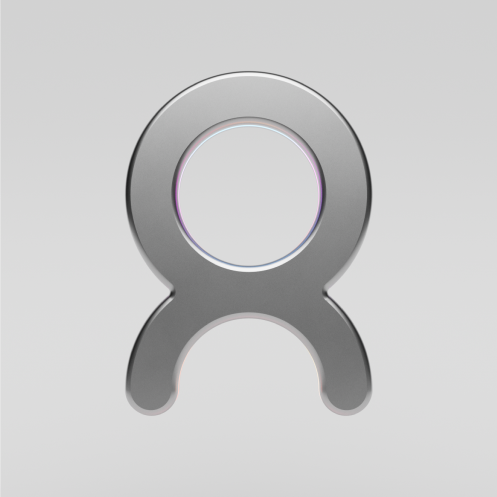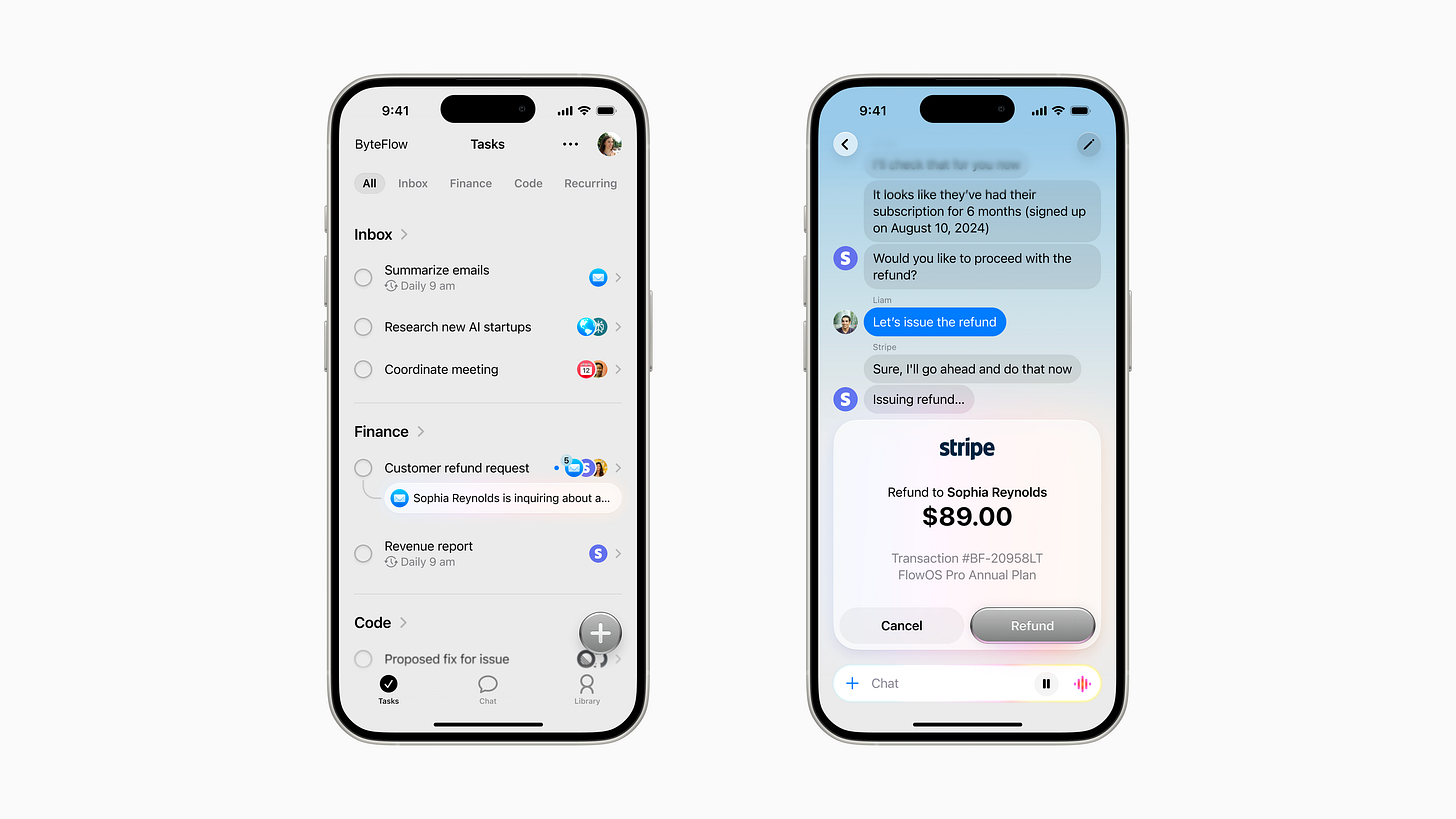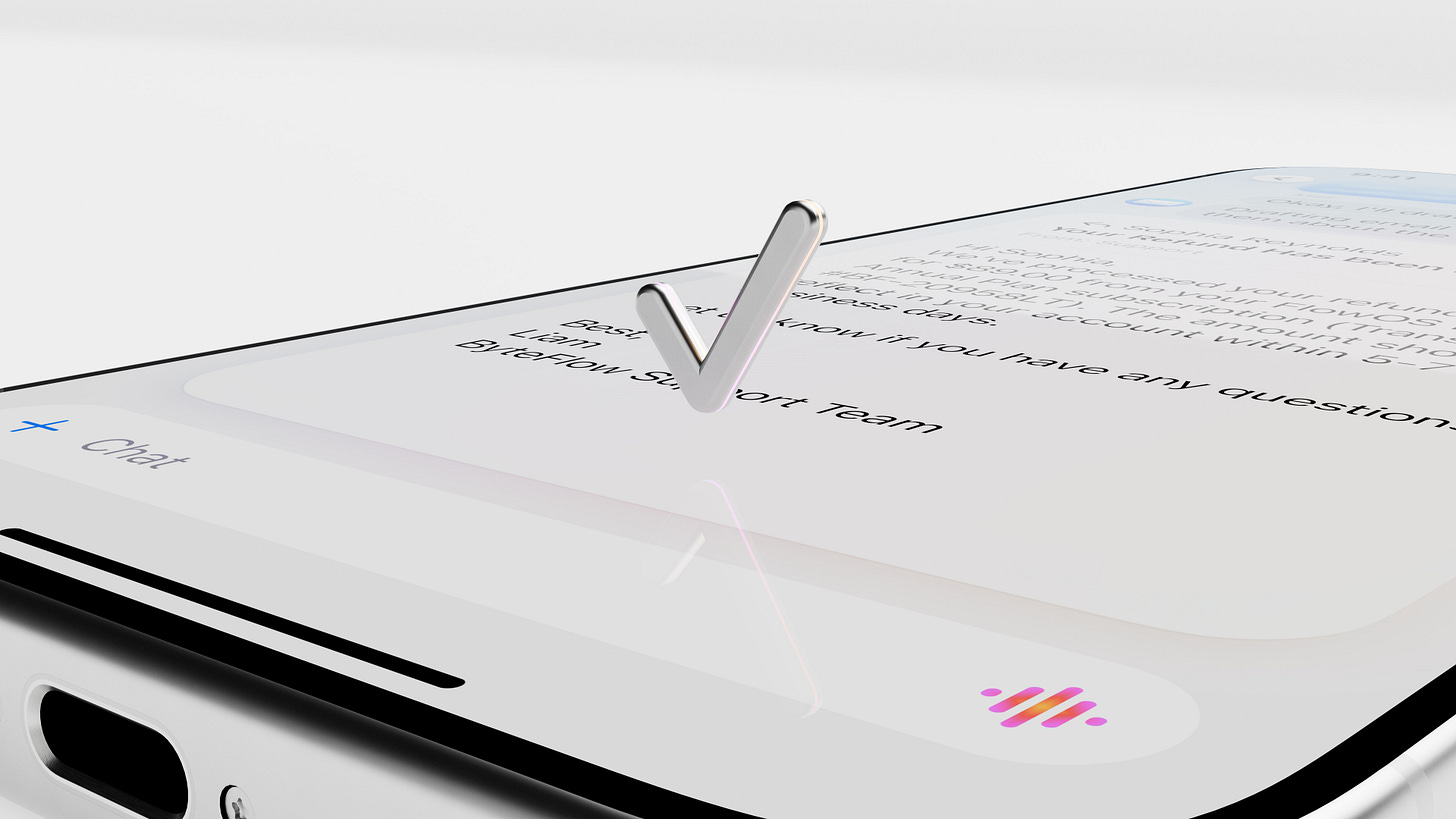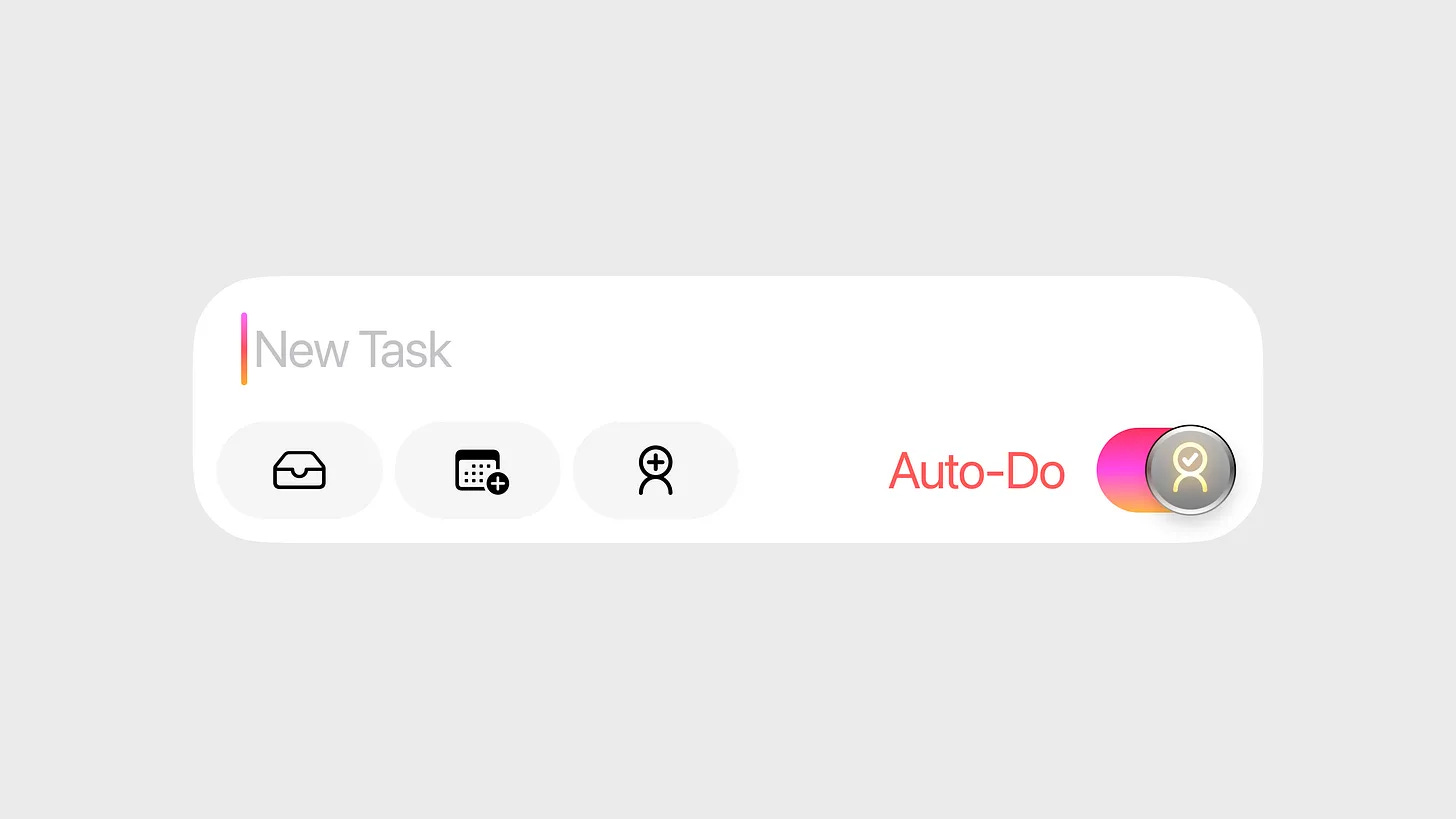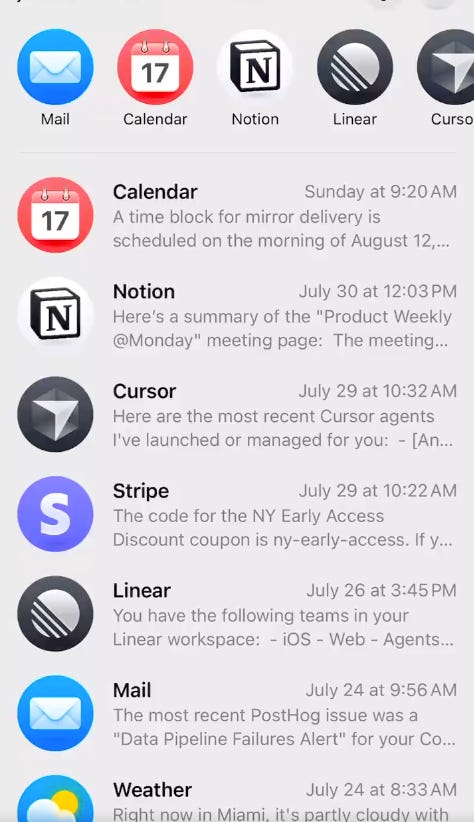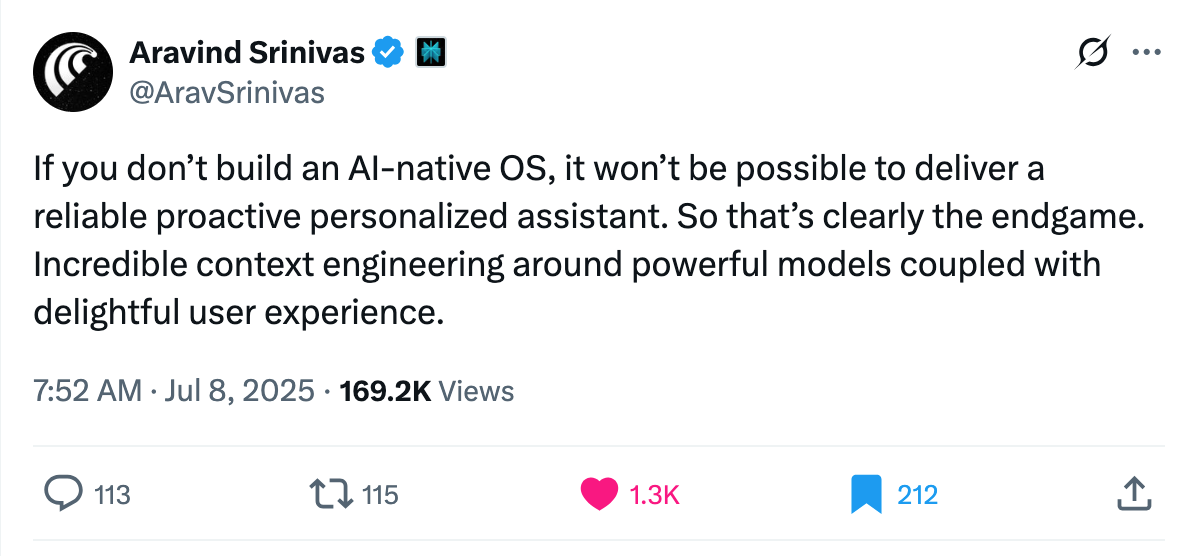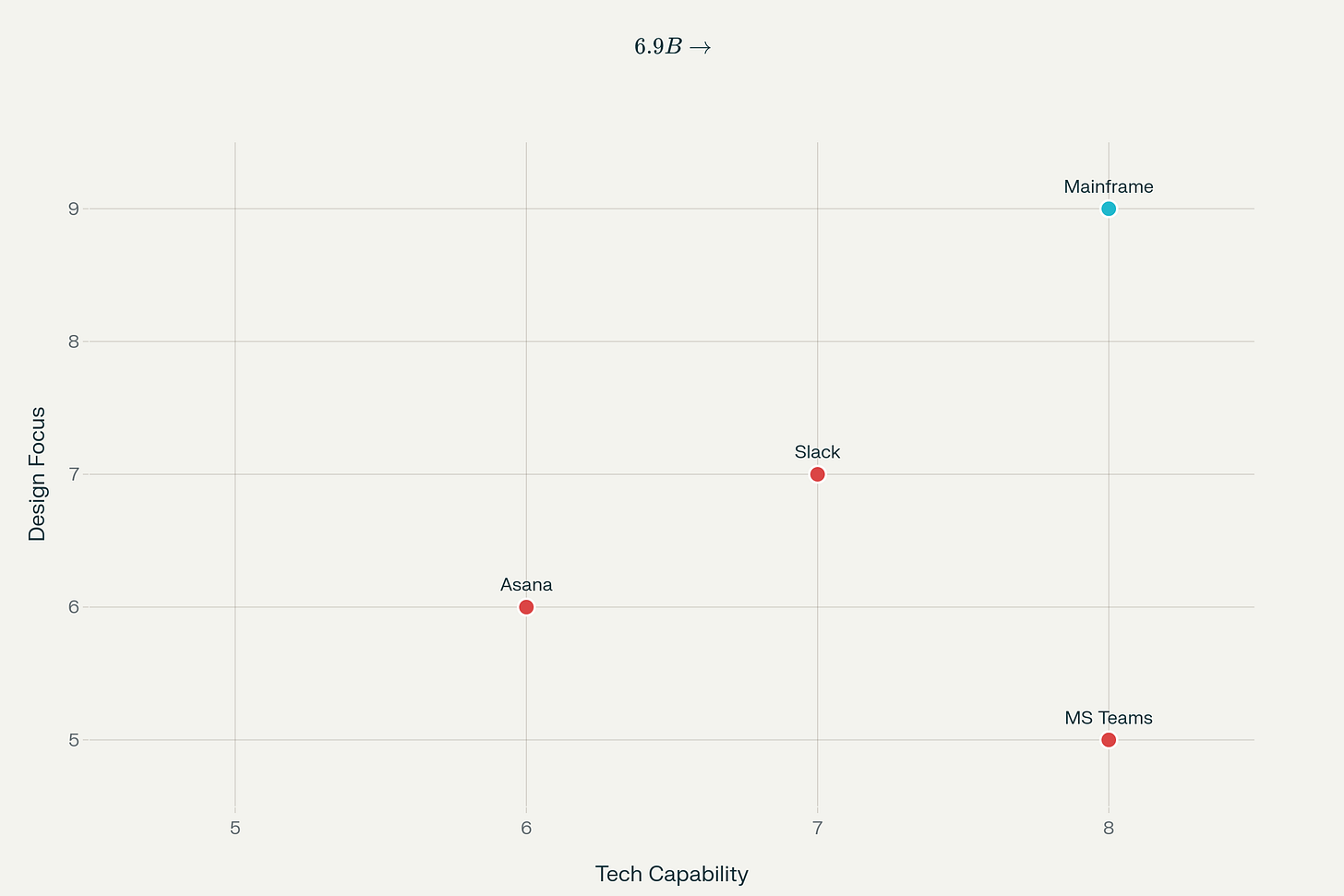AI assistants are everywhere, but most still feel like passive interns waiting to be told what to do. Mainframe is taking a different approach. Tomorrow it’s releasing Cobot, a coordinated crew of specialized agents and humans working together in real time, orchestrated like sections of a symphony. Embedded directly into the tools you already use, Cobot notices what’s next, prepares for it, and moves the work forward without waiting for a prompt. It’s less about replacing people and more about changing the cadence of how a team operates — faster, more fluid, and capable of more than the headcount suggests.
Mainframe was founded by designer-engineer Jordan Singer and operator-investor Lou Mata in New York. The two bring complementary strengths: Singer’s ability to build elegant, intuitive systems that scale, and Mata’s experience steering early-stage products toward market fit. Together they’re betting that small, well-equipped teams can compete with and even outperform much larger ones.
The Builder: Jordan Singer
Singer started out writing code in Arizona but thought like a designer from day one. At Square’s Cash App, he worked on design systems, the invisible rules that keep products coherent at scale. In 2020, he built Designer, a Figma plugin that let you type “three-column landing page” and watch GPT-3 sketch it out in real time.
It looked like magic, but it was really a glimpse of the future: software that anticipates you. That project became Diagram, among the first design tools with AI baked into its core. Figma bought it in 2023, and Singer went on to help define Figma’s own AI roadmap. The common thread in his work is simple. The best tools anticipate intent and move with you, closing the gap between idea and execution.
The Market Maker: Lou Mata
If Singer is the one building the machine, Mata’s the one steering it. She’s invested early in companies like Anthropic, Extropic, and Perplexity, and has sat on both sides of the table as a product manager and GTM strategist. She knows where AI adoption accelerates, where it stalls, and what it takes to move from prototype to product people will actually pay for. Mata’s background gives Mainframe a disciplined path from early product to a category-defining, generational business.
Cobot: Agent-Native by Design
Cobot doesn’t pretend to be a single all-knowing AI. Instead, it’s a space where multiple specialized agents, called “Cobots,” collaborate with each other and with you. It’s agent-native, multiplayer, and keeps humans in the loop. You can check in, delegate, give feedback, and see progress without ever leaving your laptop, desktop, or phone.
It’s built on a belief that AI works best when it’s accessible (no steep learning curve), collaborative (present in the work, not hidden in menus), and familiar (feels like the tools you already use, but more capable).
Orchestra: The Conductor Under the Hood
The engine is Orchestra, Mainframe’s multi-agent framework. Imagine a conductor cueing the strings, then the horns, then the percussion, except here the “sections” are AI agents. Some run in sequence, others in parallel, all able to branch based on live results.
This is how a research Cobot can hand off to a drafting Cobot, which calls on a publishing Cobot to push the final into Notion, all without losing context. Orchestra breaks big projects into smaller, trackable steps, reducing cognitive load for the humans in the loop. It also remembers what worked (and what didn’t) so the system gets better over time.
Auto-Do: Initiative, Not Just Automation
Cobots don’t just talk, they act. They’re wired directly into your tools so they can send emails, update calendars, reconcile Stripe payments, commit to GitHub, manage Ramp budgets, or query Perplexity.
With Auto-Do, Cobots don’t wait for you to click “run.” Assign a task like “Prepare Q4 investor update” and they’ll gather metrics, draft slides, and schedule the review meeting before you’ve had your first coffee. The work happens within guardrails you set, so initiative never becomes chaos.
The Library: Your AI App Store
Mainframe is launching with essentials — Cobots for email, calendar, and browsing — then opening the Library, where teams can add agents for engineering, marketing, finance, or support. Developers can distribute their own Cobots into the same environment, letting agents from different creators work together.
Every Cobot comes with clear permissions, an action history, and the ability to hand off tasks to others. The effect is an ecosystem where human teammates and AI agents divide and conquer seamlessly, with Orchestra making sure the whole thing stays in sync.
Why Design Still Wins
Mainframe’s bet is that design is a competitive advantage in AI. While Microsoft, Slack, and Asana fight over integrations, Mainframe wants to win on usability, building the product people actually like to work in. Design-led companies consistently outperform on adoption and retention because the experience is frictionless.
The product spans Mac, iOS, and web, meeting people in the environments they already live in. On mobile, it’s built for more than quick checks or passive alerts — teams can delegate, supervise, and collaborate with agents as easily as they would from a desktop. That continuity is essential if Cobot is to be the proactive, context-aware teammate Mainframe imagines.
The Market
The AI productivity tools market hit $6.9B in 2023 and is projected to reach $36B by 2030. But the real story isn’t just the growth curve — it’s the shift underneath it. Work is becoming more distributed, mobile-first, and AI-augmented. Teams that can move fastest in this transition will set the benchmarks everyone else chases.
Every company is being asked to do more with fewer people, and the winners will be the ones who can compound output without compounding headcount. That window is open now, but it won’t stay open forever. Cobot was built for this exact moment — a tool that makes a five-person team feel like fifty, without breaking the budget or the workflow.
Mainframe’s $5.5M seed round, led by Lachy Groom and Peter Boyce II with backing from Notion’s co-founder and product leaders from OpenAI, Stripe, and Vercel, gives them the runway to capture that demand before the market gets crowded with copycats.
The Larger Vision
Mainframe is aiming for a future where small teams operate with the reach, speed, and execution power of much larger ones. If Cobot delivers on that promise, it will rewrite the rules of what a team can be.
✌🏽SR



